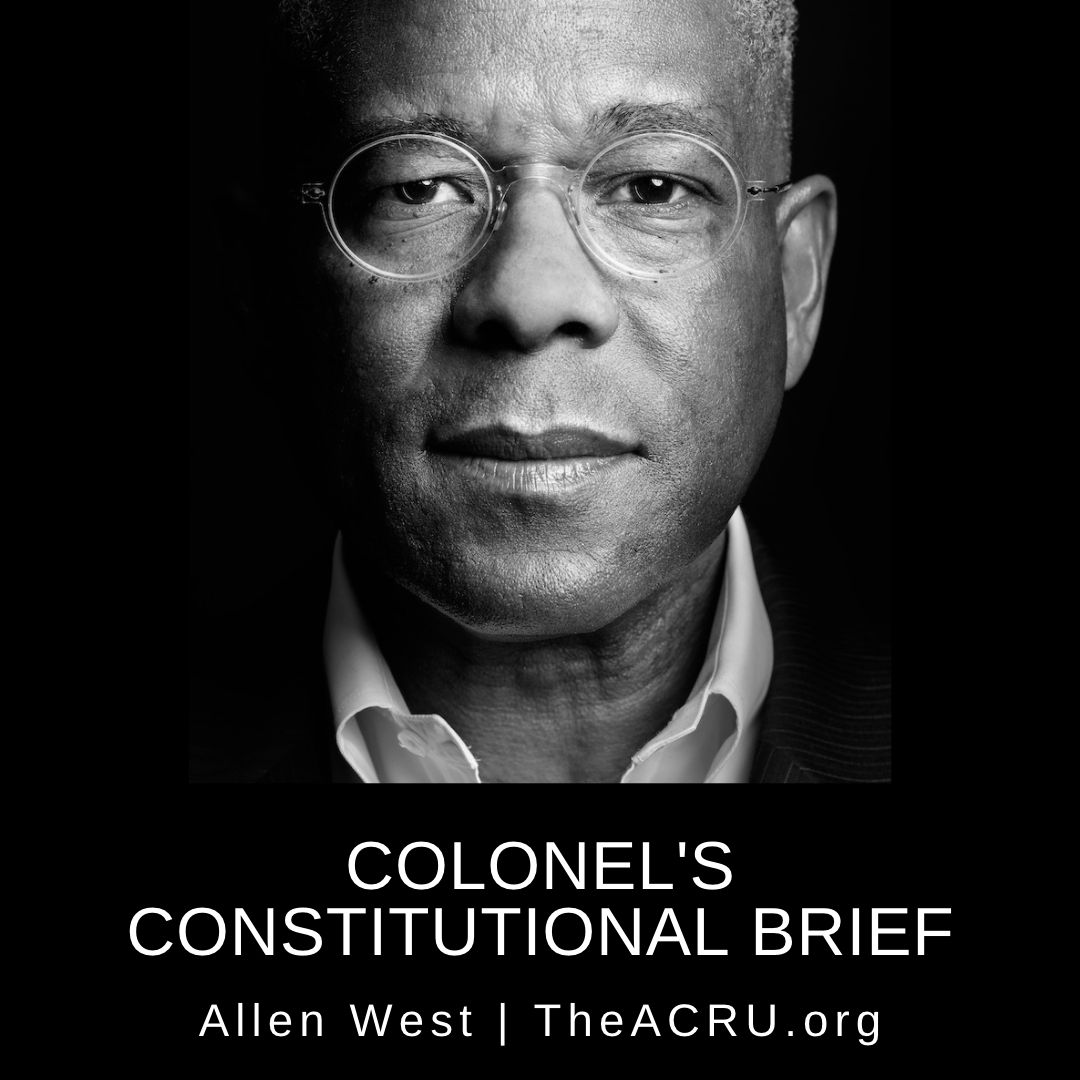Over 100 National Leaders Send Message to McConnell: Confirm Trump Nominees ‘Now’
ACRU Staff
October 12, 2017
This column by ACRU General Counsel Ken Klukowski was published October 10, 2017 by Breitbart.
WASHINGTON — More than 100 national leaders urged Senate Republican leaders on Tuesday to use every means at their disposal to confirm more than 200 presidential nominations currently pending in the U.S. Senate, both for the executive branch and for the federal courts.
Conservative leaders are telling Senate Majority Leader Mitch McConnell (R-KY) and his colleagues that it is absolutely intolerable that hundreds of President Donald Trump’s nominees for his administration and to the federal judiciary are languishing in the Senate. They are calling for immediate action.
The Conservative Action Project (CAP) Memo is signed by a who’s-who of America. Former U.S. Attorney General Ed Meese, Secretary Ken Blackwell, Family Research Council President Tony Perkins, First Liberty Institute CEO Kelly Shackelford, Club for Growth President David McIntosh, Citizens United President David Bossie, Tea Party Patriots President Jenny Beth Martin, Liberty Consulting President Ginni Thomas, CNP Action Chairman Bill Walton, and Concerned Women for America President Penny Nance are just 10 of the 112 conservative leaders telling the U.S. Senate that the tens of millions of Americans these luminaries represent have run out of patience and are, in a memo obtained by Breitbart News, demanding immediate action.
A U.S. president is only one human being, so he cannot actually implement the agenda that the American people elected him to enact unless he has thousands of political appointees leading and managing all of the departments, agencies, divisions, and offices in the U.S. government to carry out his orders and supervise the 2.5 million people who work in his administration. Per Article II of the U.S. Constitution, more than 1,200 of the most senior of these positions can only be nominated by the president and then must be confirmed by the Senate.
Regarding federal courts, the Constitution further specifies that every single federal judge — from the Supreme Court to 13 courts of appeals to 94 district trial courts — must likewise be nominated by the president and confirmed by the Senate. Without Senate confirmation, the entire third branch of the federal government is hamstrung, unable to uphold the rule of law for millions of Americans.
Currently, a staggering 149 judicial vacancies exist, yet the Senate has only confirmed 7 of President Trump’s 56 judicial nominees — nominees that are being praised across the board for their extraordinary caliber.
President Trump has hundreds of nominees for top administration positions awaiting confirmation, some of which have implications for national security. For example, since John Kelly became White House chief of staff, there has been neither a secretary nor a deputy secretary leading the U.S. Department of Homeland Security. For another, although leading conservative Alex Acosta has been confirmed as secretary of labor, the CAP Memo makes the point that “Deputy Labor Secretary-nominee Patrick Pizzella is highly qualified and yet the GOP has failed to move his nomination.”
“Both Russell Vought, nominated to [be] Deputy Director of the Office of Management and Budget, and Amy Coney Barrett, nominated to the [Seventh] Circuit Court of Appeals, have been subject to scurrilous attacks by Democratic senators who have attempted to link the faith of Vought and Barrett to their qualification for office,” the leaders write. “Not only is this an unconstitutional religious test, but such statements subject both Vought and Barrett to unwarranted and offensive criticism to which they cannot give a robust response.”
“The Senate plays a critical Constitutional role in helping the President shape and implement his priorities by passing legislation, but also by confirming the President’s nominations,” the memo continues. “We urge the Senate to take its role seriously, and act with haste to confirm the individuals that President Trump has selected to assist him in carrying out his mandate.”
While these leaders acknowledge the unprecedented delay tactics that Senate Democrats are using to slow-walk these nominations, they refuse to allow these to be an excuse for not delivering results. They write:
Also troubling is the Republican insistence that Democrats are “obstructing” votes on these nominations, as claimed in a recent press release from the Senate Majority Leader’s office. It is unclear what obstruction is taking place. Democrats no longer have the ability to filibuster any nominees, judicial or executive. Any simple objections they do make — such as running all post-cloture time — are simply process objections that can be easily overcome.
Their point is that some of these delay tactics are based in Senate precedent or interpretations of Senate rules, all of which can be changed by a procedural call from McConnell, at times requiring the support of only 50 of his 52 Republican senators (as well as Vice President Pence if the vote is a tie) without a single Democratic senator. Others are senatorial courtesies that can be set aside without even a vote.
These national heavyweights point out that the Senate under McConnell is in session only 2.5 days per week. They contrast that with the longer hours the Senate worked under Sen. Harry Reid just a couple years ago and insist that McConnell must at minimum match his predecessor’s efforts:
To that end, the conservative movement calls on the Senate leadership to IMMEDIATELY schedule committee and floor action every Thursday and Friday for the foreseeable future to act on President Trump’s nominees … and to begin working a full week, EVERY week, until all nominations have been acted upon.
The United States Senate behaves as though there are no time limits and no urgency to these matters. They are wrong, and we cannot overstate the frustration and growing concern with the Senate Republican leadership for its failure during the entire year to do its work, process the nominations, and address the issues the American people have elected and pay them to handle.
The CAP Memo concludes, “We urge the Senate to get to work — now.”
JOIN ACRU's PATRIOT CLUB






